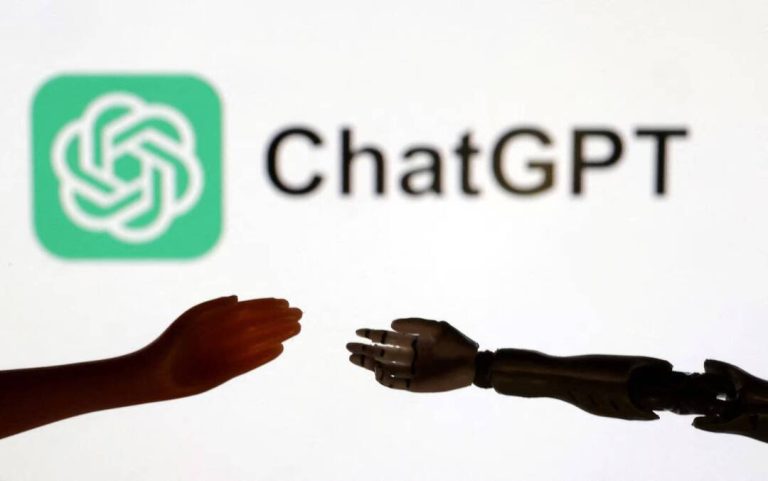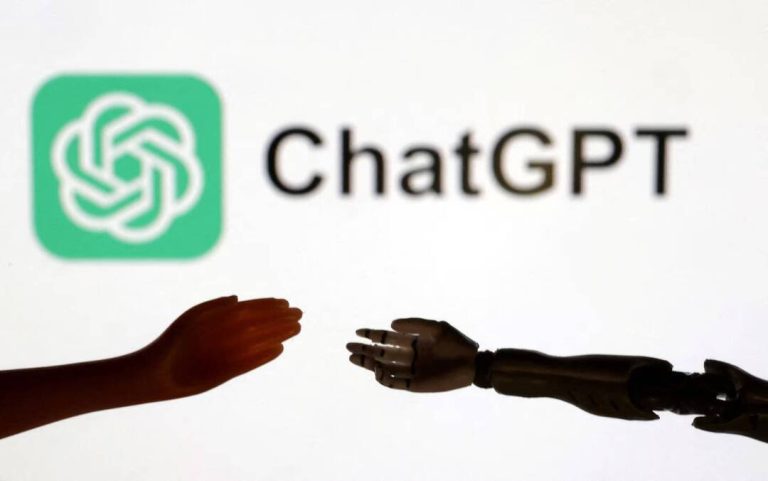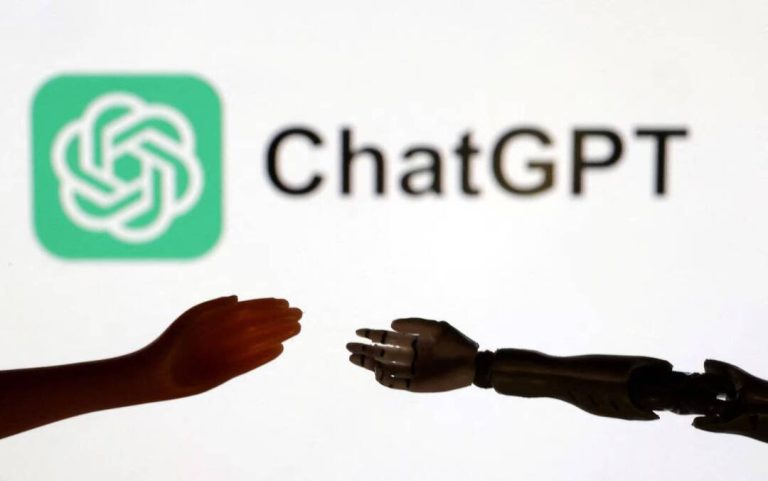
Got 3 interview calls only after using American name, claims Asian techie
The world of job hunting can be a daunting and often frustrating experience, especially when faced with rejection after rejection. For one Asian tech worker, the struggle to land an interview seemed to be an insurmountable hurdle, until he made a surprising discovery. By switching to an American name, he claims to have received not one, not two, but three interview calls from companies that had previously rejected him. This revelation has sparked a heated debate around hiring bias and the role of names in the job application process.
The tech worker, who wishes to remain anonymous, had been applying for jobs in the tech industry for months. Despite his impressive qualifications and experience, he was met with nothing but automated rejection emails. The constant stream of “unfortunately” messages began to take a toll on his confidence, leaving him wondering if he was simply not cut out for the industry. However, he refused to give up, and it was then that he decided to take a drastic step.
In an effort to test the waters, he created a new resume and cover letter, but this time with an American name. He applied to the same job openings, using the same qualifications and experience, but with a distinctly American moniker. The results were astonishing. Three companies that had previously rejected him immediately reached out with interview requests. The sudden change in fortunes left him stunned and wondering if the only difference was indeed his name.
The implications of this discovery are profound and unsettling. If a simple name change can make such a significant difference in the job application process, it raises serious questions about hiring bias and discrimination. Is it possible that companies are inadvertently, or even deliberately, weeding out candidates based on their names? The thought is disturbing, to say the least.
The tech worker’s experience is not an isolated incident. Studies have shown that job applicants with non-traditional or ethnic names often face significant barriers in the hiring process. A study by the National Bureau of Economic Research found that job applicants with African American-sounding names were 33% less likely to receive a callback compared to applicants with white-sounding names. Similarly, a study by the University of California, Berkeley found that Asian-American applicants were more likely to receive callbacks when they used a Westernized name.
These findings suggest that hiring bias is a real and pervasive issue, and one that can have serious consequences for individuals and society as a whole. The fact that a simple name change can make such a significant difference in the job application process is a stark reminder of the deep-seated biases that exist in our society.
The tech worker’s story has sparked a heated debate around hiring bias, with many calling for greater transparency and accountability in the job application process. Some have argued that companies should implement blind hiring practices, where names and other identifying information are removed from resumes and applications. Others have suggested that companies should provide more detailed feedback to rejected applicants, to help them understand why they were not selected for the position.
As the debate rages on, one thing is clear: the issue of hiring bias is complex and multifaceted. It requires a nuanced and thoughtful approach, one that takes into account the many factors that influence the job application process. By sharing his story, the Asian tech worker has shed light on a critical issue that affects us all, and has sparked a necessary conversation about the role of bias in hiring.
In conclusion, the tech worker’s experience is a sobering reminder of the biases that exist in our society. The fact that a simple name change can make such a significant difference in the job application process is a stark reminder of the work that still needs to be done to create a more inclusive and equitable society. As we move forward, it is essential that we prioritize transparency, accountability, and fairness in the job application process, and work towards creating a world where everyone has an equal opportunity to succeed, regardless of their name or background.





